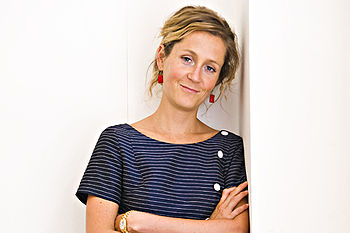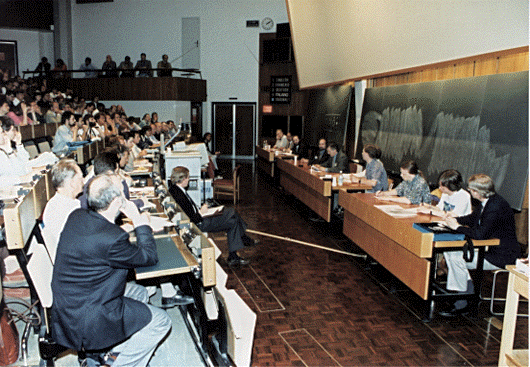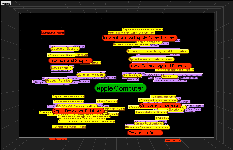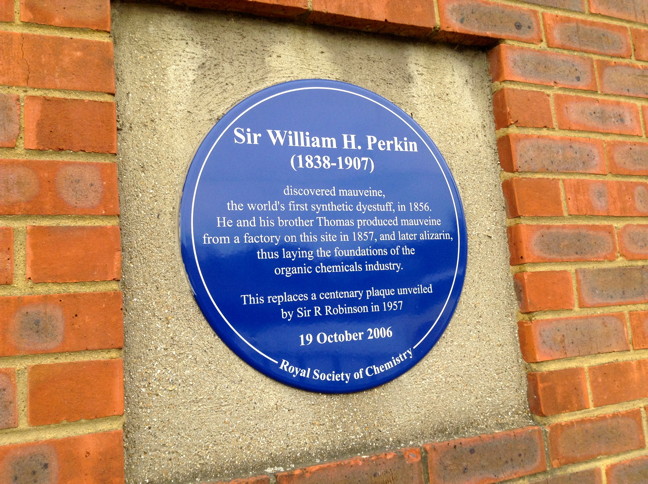
David Attenborough’s latest homage to biodiversity, Blue Planet II is, as always, visually magnificent. Much of its impact derives from the new views of life afforded by technological advances in cameras, drones, diving gear, and submersibles. One might hope that the supporting information online reflected the equivalent technological advances made in describing and sharing information. Sadly, this is not the case.







